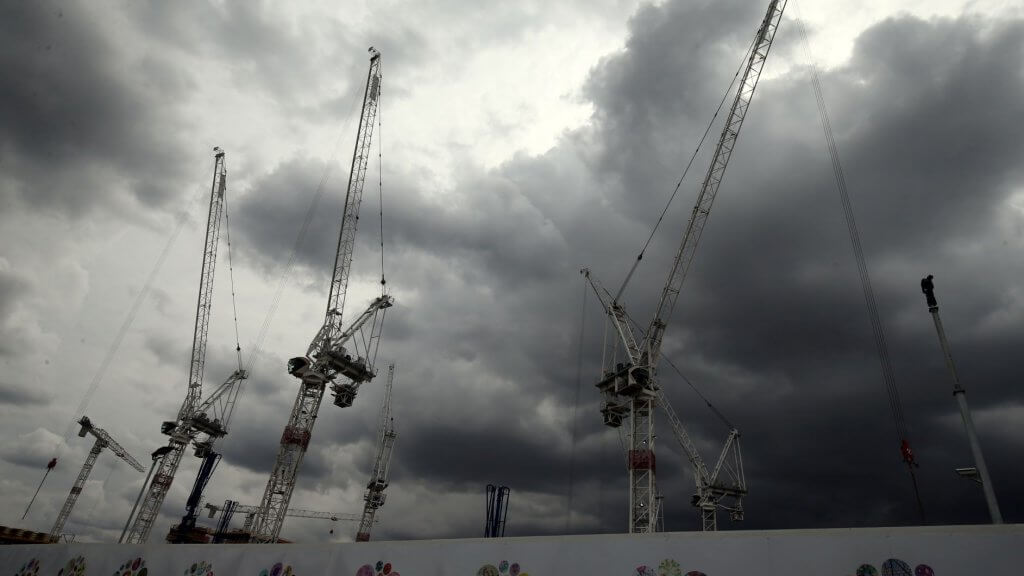UK Construction Industry Fighting Back From Covid-19

Since early 2020, industries have been brought to a standstill by the COVID-19 pandemic. While many sectors were forced to close indefinitely, the construction industry in England was permitted to keep operating during the initial lockdown period.
In reality, however, many contractors and construction firms found it challenging to maintain safe working practices and implement social distancing on site. Understandably, this led to some projects being postponed and others being delayed due to a reduction in the number of people being allowed to access the site at one time.
Difficulties for Construction Workers
The unique nature of the construction industry meant that a high percentage of workers have been affected by the economic impact of the pandemic. While businesses in England were able to access the furlough scheme, a significant proportion of enterprises use subcontractors, as opposed to employees.
As subcontractors typically work on a self-employed basis, this meant that individual workers were forced to apply for the Self-Employed Income Support Scheme (SEISS). However, not every self-employed worker is eligible to join the SEISS, which has resulted in a substantial number of construction workers have little to no income since the onset of the pandemic.
Fortunately, support has been available to workers who wanted to challenge the restrictions. By working with legal professionals who specialise in construction issues, like Ellisons Solicitors, construction firms and workers can always access the advice and assistance they need. When it comes to challenging seemingly unfair restrictions, having access to the legal representation you need is critical.
Bouncing Back Amidst a Pandemic
Although the COVID-19 is still wreaking havoc around the world, the construction industry in England is beginning to bounce back. By making changes to operating procedures, construction companies are able to make sites COVID-19 safe and enable workers to return to work.
Indeed, the restrictions applied due to coronavirus highlighted how inefficient some construction sites can be. When firms were forced to take a strategic approach to managing site attendance, they were able to streamline workflows and, in some instances, increase efficiency.
Furthermore, the changes made to accommodate these new restrictions may be boosting on site morale too. In order to reduce the number of people on site and maintain social distancing, visits from managerial staff have been reduced. Many subcontractors welcome this change and report that they feel more trusted and appreciated.
Using Technology to Overcome COVID-19
The construction industry relied heavily on technology prior to the pandemic but are using advanced tech systems to help overcome the challenges COVID-19 has brought. Conducting site surveys via camera enables supervisors to access real-time information without visiting the site in person, for example. Similarly, automated supply chains are enabling firms to access a constant supply of the materials they need, without experiencing delays or surplus.
While there’s no doubt that the construction industry will face on-going challenges while COVID-19 continues to pose a threat, the sector is already bouncing back. With innovative solutions already in place, we may find that many of the changes made in response to COVID-19 actually make the industry safer and more productive in the long-term.




